My journey through this year’s International Booker longlist begins with an Italian novel. Veronica Raimo’s narrator – also Veronica, or Vero, or Verika – starts by introducing her parents: her mother, who’s convinced that, if Vero’s brother doesn’t answer the phone, it means he must be dead. And her late father, who used to put up walls to subdivide the family apartment into even smaller areas, for reasons best known to himself.
The way Vero describes these qualities, they come across as wryly amusing at first, until you start to think about them more. There’s a dry humour to much of the narration, such as here, where Vero talks about her family’s noisy household:
We lived immersed in the all-absorbing drone of our bodies and electrical impulses. Compressed and crammed into a home, we were a single organism that wagged its tail, banging it against the partition walls. We talked to each other over the noise, through the noise, which always turned out to be useful in later claiming the other person had misunderstood you.
Translation from Italian by Leah Janeckzo
Vero tells of her life in a series of anecdotes, and it becomes clear that not only does she have a ‘flexible’ relationship with the truth, she’s also using that as a kind of shield. So it’s up to the individual reader how much trust to place in Vero’s voice, but it’s an engaging voice in any case.
Published by Virago.
Click here to read my other posts on the 2024 International Booker Prize.



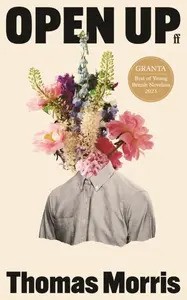
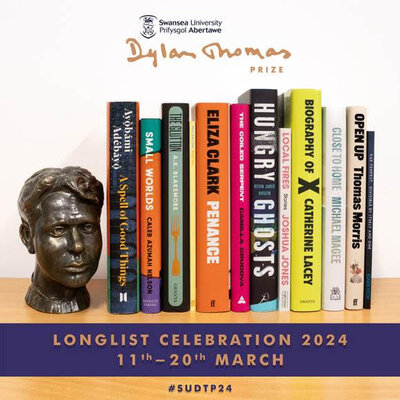

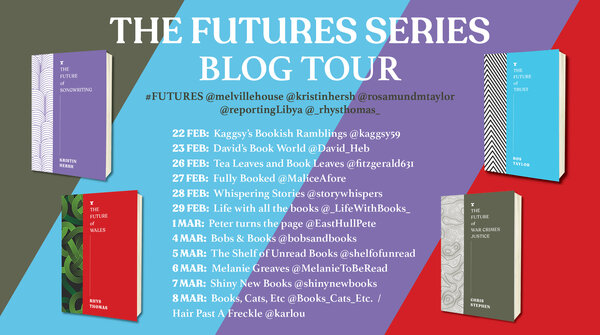
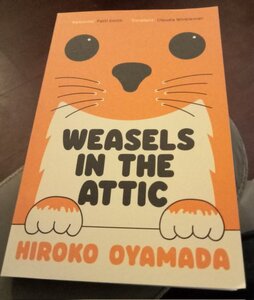

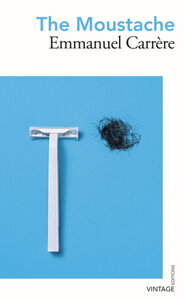

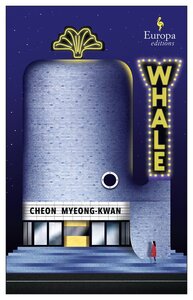
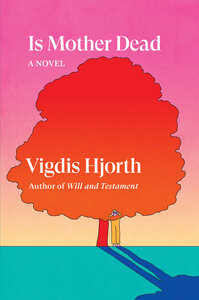
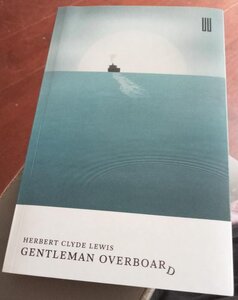
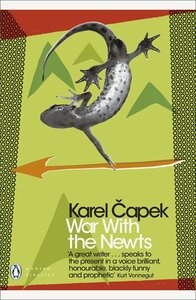
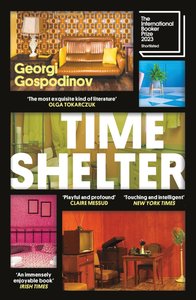
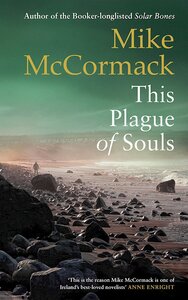
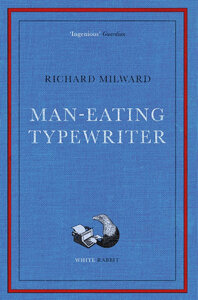
Recent Comments